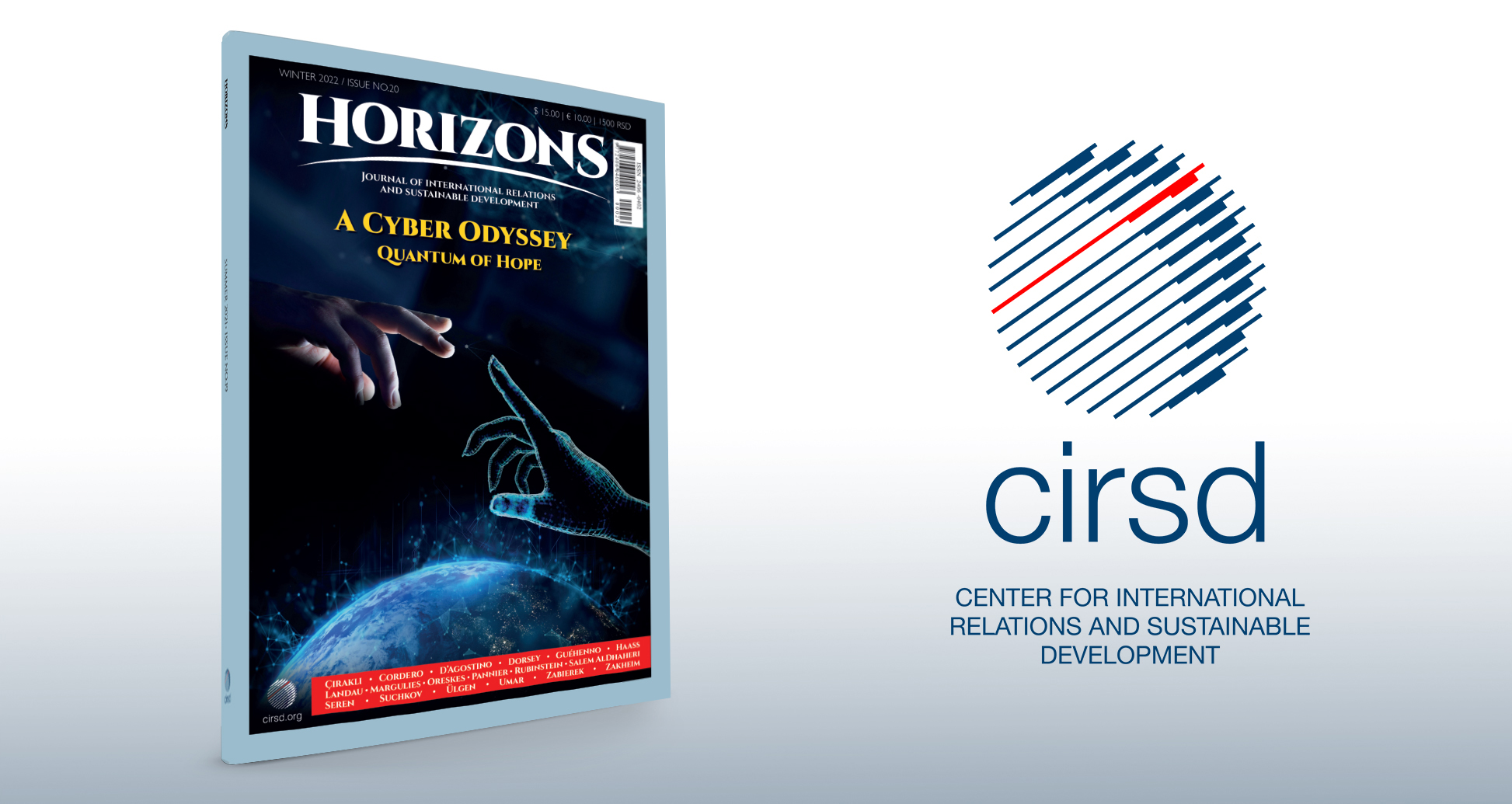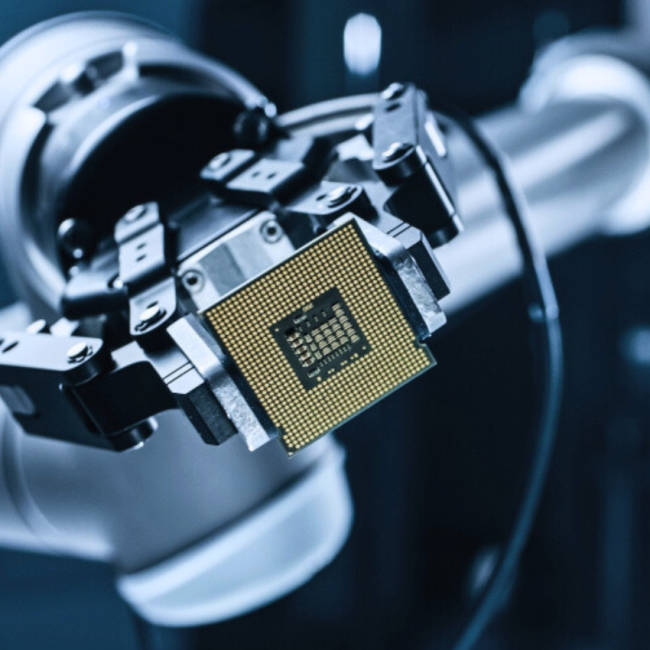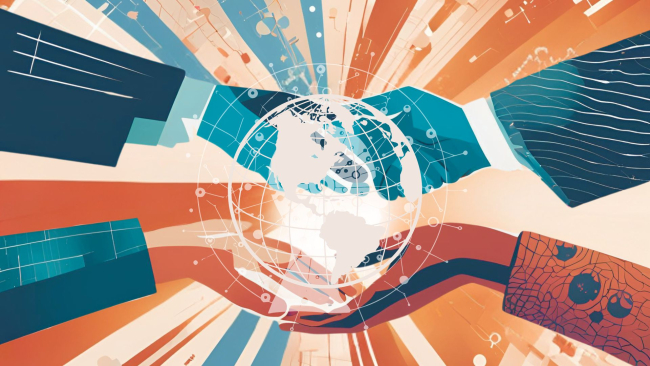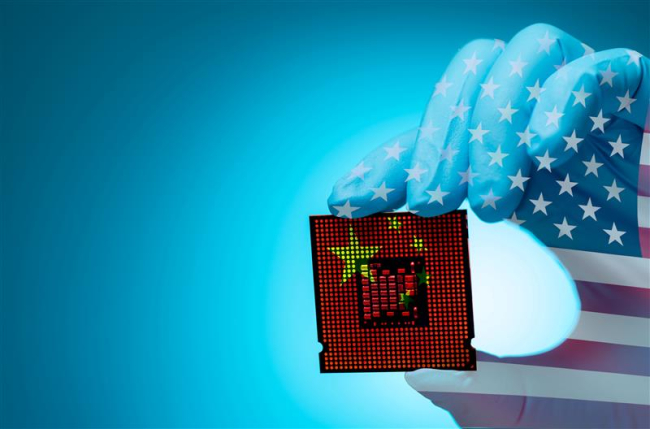Europe’s Quest for Technological Power
Computing power plays a key role in enabling data analytics and machine learning, in cybersecurity, for scientific research, and in military domains like nuclear warhead design and detonation simulation.

Computing also has industrial ramifications, not least due to a relatively small number of players that hold key spots in the value chain. This leads some to argue that the contours of computational power define who has control over and access to the benefits of computer-based technologies like artificial intelligence.
This essay focuses on two complementary segments of computing: high-performance computing (HPC, also known as “supercomputing”), and quantum computing. Both are very distinct in terms of maturity. HPC has been widely used in scientific research, meteorology, the military, finance, and industry since the 1990s. Arguably, a nation’s ability to deploy supercomputers constitutes a form of soft power, as well as being a scientific and national security imperative. Today, a few countries around the globe are engaged in a race to deploy the next level of supercomputers, known as exascale machines. But the field is also currently witnessing a diversification of uses, with new needs stemming from big data applications for industry.
Meanwhile, quantum computing is still at an experimental stage but has highly disruptive potential, in both civilian and military domains. It seeks to exploit the properties of quantum mechanics and as such, constitutes a whole new paradigm in computing. Indeed, quantum computing indeed will multiply computing power exponentially, with considerable cybersecurity implications and industrial and scientific applications. The field has experienced swift progress in recent years, even if large-scale quantum computers might still be a decade away.
The race for computing power, including quantum computing, has become a key element of the U.S.-China technological competition. Yet, the competition is far from being solely a U.S.-China matter. For logical reasons considering its applications and implications, computing power is a strategic priority for European governments as well as for the European Union. This is especially the case when it comes to quantum computing. Countries around the world have recognized that quantum science has moved from an academic field of research to a fast-growing technological sector. Consequently, they are developing strategies in the field, so that current dynamics are akin to a space race.
This essay examines the state of play of technological developments and international competition in HPC and quantum computing, with a particular emphasis on where France and Europe stand in the global race for computing power. The first half of the essay presents current dynamics in the HPC sector: on the one hand, the enduring role of states in shaping supercomputers as a strategic sector, and on the other hand, the ongoing “democratization” of the field, with growing uses in industry. It then addresses the geopolitical considerations that supercomputing raises for Europe, as well as ongoing strategies aimed at enhancing Europe’s technological power in the field.
The second half of the essay addresses quantum computing. After introducing the main principles of quantum computing, it reviews recent progress and remaining technological hurdles, as well as the strategic and economic applications and implications of quantum computing. It then looks at the quantum strategies deployed by the U.S., China, and EU countries, with a particular emphasis on the French 2021 Quantum Plan.
> Read the entire essay on the website of the Center for International Relations and Sustainable Development.

Available in:
Regions and themes
Share
Related centers and programs
Discover our other research centers and programsFind out more
Discover all our analysesArtificial Promises or Real Regulation? Inventing Global AI Governance
The risks inherent to the unregulated use of AI, a key technology and vector of profound transformations within societies underline the pressing need to harmonize governance efforts at the international level. The Summit for Action on Artificial Intelligence to be held in Paris in mid-February could be an unprecedented timely occasion to agree on a global governance framework of AI for the public good.
AI, Data Centers and Energy Demand: Reassessing and Exploring the Trends
The information and communication technologies sector today accounts for 9% of global electricity consumption, data centers for 1-1.3%, and artificial intelligence (AI) for less than 0.2%. The growing energy demands of cloud services first, and now AI workloads (10% of today’s data centers electricity demand), have exacerbated this trend. In the future, hyperscale data centers will gain shares amongst all kinds of data centers and AI will probably account for around 20% of data centers electricity demand by 2030.
From nonproliferation to strategic competition: US export controls and China
Technological competition is at the heart of the renewed great-power competition that has characterized relations between the USA and China since the 2010s. The role of technological innovation in the evolution of power relations is already recognized in the literature of international relations. However, developments in US technology policy under the last two administrations raise the reverse question: how does the perception of changing power relations (in this case, Chinese technological catch-up perceived as a threat to US leadership) transform policies granting or denying access to technological innovation?
China’s Mature Node Overcapacity: Unfounded Fears
China is decoupling from, not flooding, the global mature-node semiconductor market. As China increasingly pursues industrial policies encouraging domestic chip production, its own growing chip demand will prevent a direct flood of cheap Chinese chips on foreign shores. However, as Beijing achieves its goal of decreasing the reliance of domestic downstream manufacturers on foreign chips, European and American mature-node semiconductor companies will feel the ripple effects of an increasingly “involuted” Chinese chip ecosystem.










